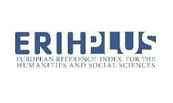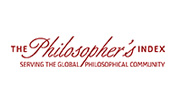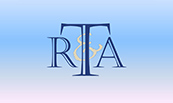LITERATURE, FAITH, AND IDEOLOGICAL TRANSITION: RELIGIOUS AND PHILOSOPHICAL REFLECTIONS ON THE MORNINGSTAR LITERATURE SERIES (1946–1953)
Xuehua Zhang
School of Humanities Zhejiang University of Zhejiang University of Technology Shaoxing, 312030, Zhejiang, China
DOI: https://doi.org/10.24204/ejpr.2025.4730
Abstract
The transformation of literature and publishing reflects not only shifts in societal thought and cultural values but also deeper philosophical and spiritual inquiries into meaning, ideology, and moral authority. This study examines the Morningstar Literature Series (1946–1953) as a case study to explore the religious, ethical, and philosophical dimensions of Chinese literature and publishing during the tumultuous transition around 1949. By situating this transformation within broader metaphysical and ideological debates, the research investigates how literature functioned as a conduit for spiritual reflection, political reorientation, and moral discourse in a period of historical upheaval. Using grounded theory, this study constructs a model that examines the interplay of objective and subjective factors, official policies, and ideological measures that shaped literary production and dissemination. The model identifies nine dimensions, including political prominence, enlightenment, and the decline of commercial motives, to illustrate how literature and publishing were not only cultural instruments but also vehicles for shaping moral consciousness, ethical reflection, and metaphysical discourse. This research systematically organizes the foundations, strategies, and consequences of this literary shift, revealing the philosophical and theological underpinnings embedded in the era’s intellectual and spiritual landscape. By analysing the role of literature as a medium for ethical, ideological, and religious transformation, this study broadens the discourse on publishing history, emphasizing the ways in which literature serves as both an artifact of historical change and a means of negotiating existential and spiritual questions. It offers insights into the philosophical and religious dimensions of literary transformations, contributing to a deeper understanding of how literature functions as a bridge between political ideology, cultural identity, and moral philosophy in times of profound societal transition. Future research should further explore the intersection of literature, religious philosophy, and spiritual consciousness in shaping cultural and intellectual history.
Keywords: Chinese Literature; Literature Publishing; Theories of Early Light Literature Series; Morningstar Literature; Religious






